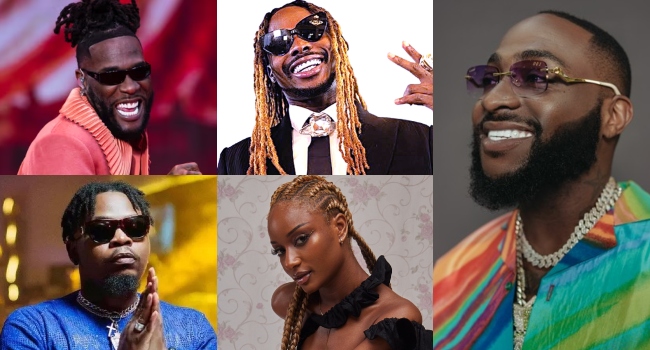What was once dismissed as a niche sound has grown into Nigeria’s most powerful cultural signature—Afrobeats now commands worldwide attention.
Artists such as Burna Boy, Wizkid, and Davido have filled arenas across continents, led major international festivals, and collaborated with stars including Drake, Beyoncé, and Ed Sheeran. Rema’s Calm Down remix with Selena Gomez has become one of the most-streamed Afrobeats records in history, while Tems has helped craft global hits for Rihanna and Beyoncé.
This movement is more than a musical trend. According to a study by the Rome Business School, The Entertainment Business in Nigeria: A Model for Export, it reflects a larger cultural awakening. Despite weak infrastructure, limited government support, and economic hurdles, Nigerian creatives continue to break barriers with talent, innovation, and powerful storytelling.
The entertainment sector is also a financial giant. PricewaterhouseCoopers (PwC) valued Nigeria’s creative industry at $9 billion in 2023, forecasting growth to $13.6 billion by 2028 with an annual compound growth rate of 8.6%. Beyond revenue, it sustains over 4.2 million jobs today and is expected to create another 2.6 million positions by 2025.
Yet, the industry’s real strength lies in its resilience. Both Afrobeats and Nollywood push forward despite economic volatility and structural shortcomings. Together, they are not just selling entertainment but projecting Nigeria’s identity, pride, and influence onto the world stage.
In the years ahead, the phrase “Afrobeats to the World” is set to embody more than cultural pride—it will represent economic growth, creative dominance, and the unstoppable rise of one of Africa’s boldest industries.

